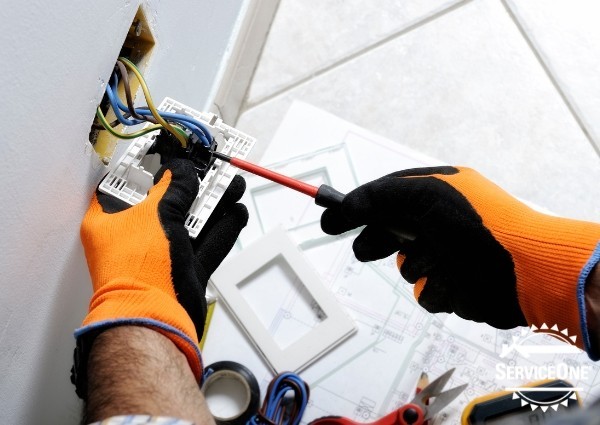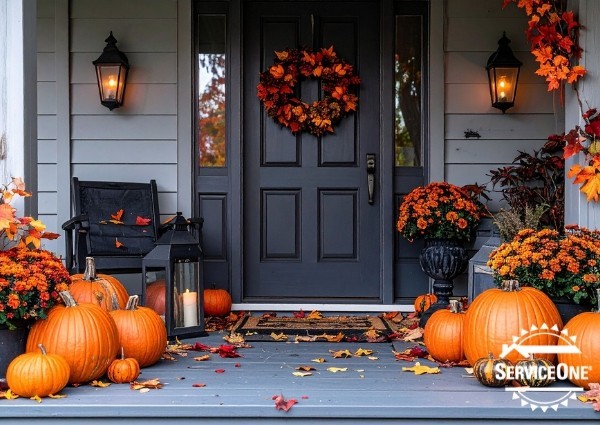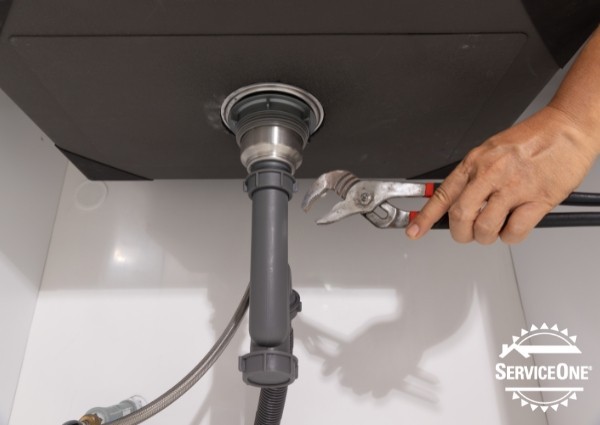Older homes offer a charm and character that modern homes sometimes lack, but they also come with their share of challenges—especially regarding plumbing. While the architecture may have stood the test of time, plumbing systems in homes built several decades ago often haven’t aged as gracefully. Outdated pipes, low water pressure and leaks are just a few of the common plumbing issues that homeowners in older properties may face.
If you live in or are thinking of purchasing an older home, it’s essential to be aware of the potential plumbing problems that can arise and understand how to address them. Below are some common plumbing issues found in older homes and what to look out for.
Outdated pipes
One of the biggest concerns in older homes is the type of piping used in the plumbing system. Many homes built before the 1960s may still have pipes made of galvanized steel, lead or polybutylene, all of which are problematic today. If your home still has any of these outdated materials, it’s advisable to have a licensed plumber inspect your system and consider repiping it with more durable and safe materials such as copper or PEX (cross-linked polyethylene).
Low water pressure
Low water pressure is another common issue in older homes. While the cause can vary, in many cases, it’s due to the buildup of minerals and corrosion inside old pipes. Over time, sediment and rust can accumulate, restricting water flow and leading to reduced water pressure.
In some instances, low water pressure could also be caused by leaks in the system, where water is escaping before it even reaches your faucets. If you notice a sudden drop in pressure, it’s important to have your plumbing system checked for leaks or clogs.
Leaky pipes and fixtures
Leaking pipes are not uncommon in older homes, particularly in those with aging plumbing systems. Even small leaks can lead to significant water damage over time, as well as increased water bills. In some cases, leaks may be caused by deteriorating pipe joints, corrosion or general wear and tear.
Additionally, older homes may still have original fixtures like faucets and valves that have simply worn out over time. A dripping faucet or constantly running toilet can waste hundreds of gallons of water a month, adding up to substantial costs on your water bill. If you find a major plumbing leak in your home, give our emergency plumber Omaha a call right away!
Clogged drains
Older homes are also more likely to experience clogged drains due to the buildup of debris over the years. Old pipes can be more susceptible to clogs caused by grease, hair, soap scum and other debris. In addition, tree roots may have infiltrated sewer lines, leading to blockages that affect the entire home’s plumbing.
While many homeowners attempt to solve clogs with over-the-counter drain cleaners, these solutions can sometimes do more harm than good, especially in older systems. A professional plumber can perform a thorough inspection and use the proper tools to safely clear any blockages.
Faulty sewer lines
Sewer line issues are another concern in older homes. Over time, sewer lines can deteriorate, crack or collapse. Tree roots can sometimes invade the sewer lines, causing blockages or even breaking the pipes.
Signs of a sewer line problem include slow drains, frequent clogs, foul odors and soggy spots in your yard. If you notice any of these symptoms, it’s important to call a plumber to inspect the sewer lines before the problem worsens and requires a major repair or replacement.
Inefficient water heaters
Older homes may still be equipped with inefficient, outdated water heaters. An aging water heater can struggle to meet the demands of a modern household, leading to inconsistent hot water or frequent breakdowns. If your water heater is over 10-15 years old, it’s likely time to consider an upgrade to a more energy-efficient model.
Owning an older home comes with its perks, but it’s essential to stay on top of potential plumbing issues that can arise. By understanding the common plumbing challenges found in older homes—such as outdated pipes, low water pressure, leaky fixtures and clogged drains—you can take proactive steps to address problems before they become costly repairs.
If you’re experiencing any of these issues, or simply want peace of mind about your home’s plumbing, give our emergency plumber Omaha a call! Our experienced plumbers can help inspect your system, recommend necessary repairs or upgrades, and ensure your home’s plumbing is operating safely and efficiently for years to come. Give us a call today with all of your home plumbing concerns!



